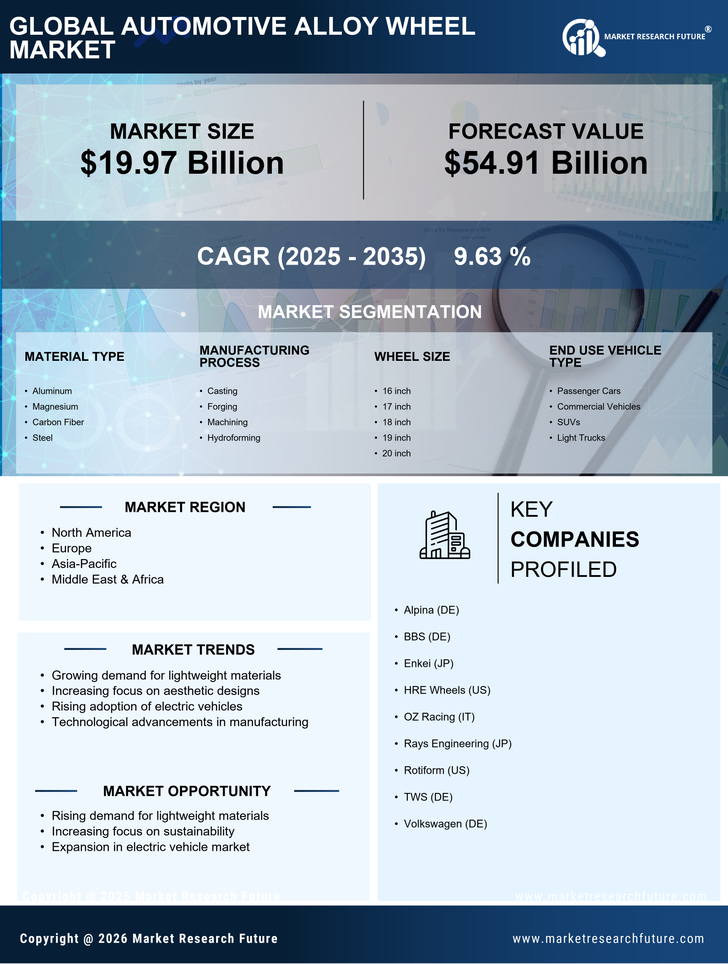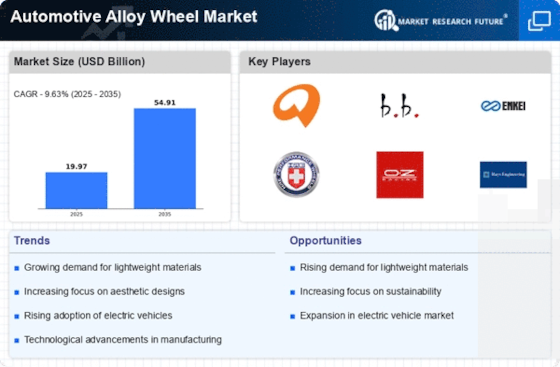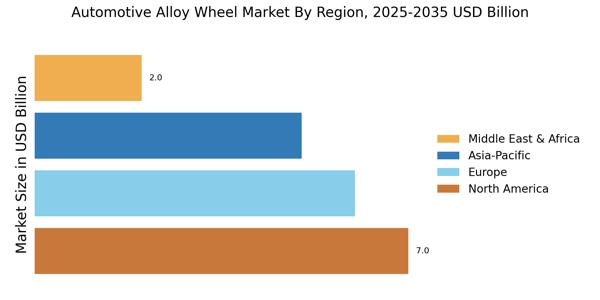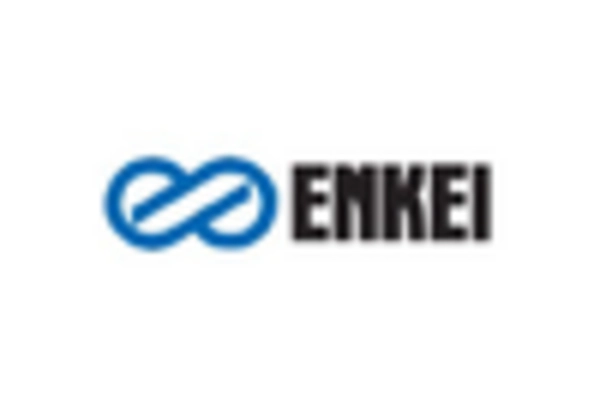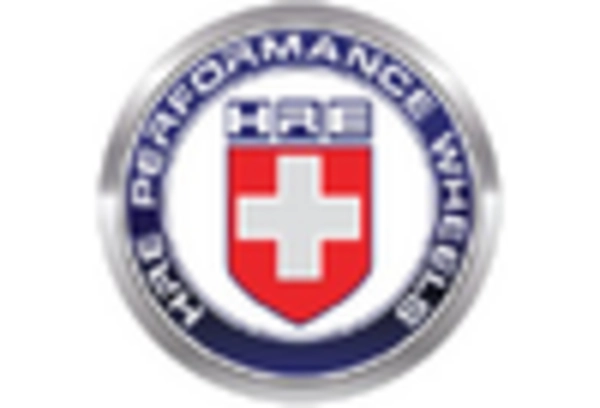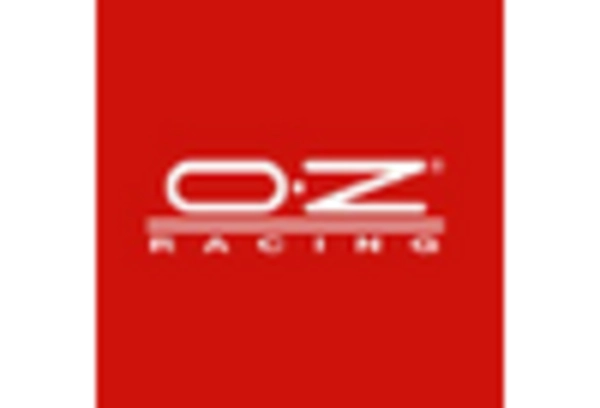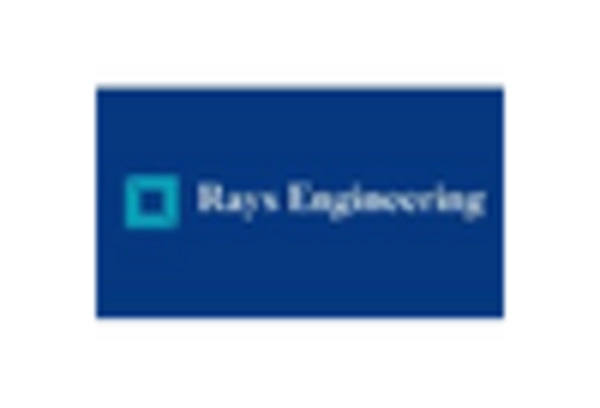Research Methodology on Automotive Alloy Wheel Market
INTRODUCTION
The automotive alloy wheel market is currently experiencing tremendous growth, which is anticipated to grow further globally. Alloy wheels provide a greater degree of strength and resistance than traditional steel wheels, and are also lighter in weight, allowing for better performance while consuming less fuel. This robust growth of the automotive alloy wheel market can be largely attributed to the significant increase in automotive production worldwide.
Over the past few years, the developing countries have seen a rapid increase in demand for automobiles due to the increased purchasing power and growing access to credit and financing, which is expected to result in a higher sales volume consequently driving the growth of the market.
RESEARCH METHODOLOGY
The research project seeks to explore various trends and anticipate their future developments in the Global Automotive Alloy Wheel Market. In order to achieve this, the study begins with a detailed research and detailed analysis of the market environment and its interconnected players, key players and potential new entrants. This is followed by a detailed market analysis considering the previous demand, future outlook, scarcity, technological advancements, regulatory framework, and cultural environment. A forecasting model is developed to project the development of the market for the coming years.
To accurately assess the market potential of the Automotive Alloy Wheel (AWW) market in terms of volume and value, a combination of secondary and primary sources is used. This includes data collected from annual reports, government sources, white papers, internal corporate databases, trade shows, books, industry websites, market research reports, opinions of industry experts and published data by Automotive Alloy Wheel manufacturers.
The study draws its knowledge from both the demand and supply sides. On the demand side, it considers the effects of various drivers, restraints, and macroeconomic issues in the industry. On the supply side, it details the effects of various price movements, raw material availability and transportation cost.
The primary research survey conducted as part of the research project include interviews with stakeholders in the Automotive Alloy Wheel market, including producers, distributors and service providers which is supported by an in-depth review of the secondary research database, including archives, government data, association websites, and other reliable industry data sources.
The study is then supplemented by the development of a database of relevant questions for the interviewed subject matter experts. Key points of data collection are obtained from primary and secondary research, including the interviewing of recognized Auto Alloy Wheel sector experts.
In addition to the primary research, a secondary research component is included which drew from a variety of sources including company reports, research journals, newspapers, magazines, and government documents. These sources are used to corroborate and validate the primary research findings.
The research methodology for this project includes the following steps:
• Literature Review:
The literature review component of the research methodology involves collecting in-depth information on the background of the Automotive Alloy Wheel market, the drivers and restraints of the market, as well as the various types of alloy wheels available in the market. Information on current industry trends and the technologies driving Alloy Wheel innovation are also presented.
• Market Survey:
The survey component of the research methodology involves assessing the market demand, current preferences and experiences of Alloy Wheel buyers. Using a series of questionnaires, interviews with the stakeholders in the industry, including manufacturers, distributors and end customers, is conducted to provide a detailed analysis of the market.
• Secondary Research:
Secondary research includes analysing relevant industry reports, business publications and statistical data from authoritative sources such as PwC and the World Bank. Data from these sources are then cross-referenced with primary research to validate the accuracy of findings.
• Qualitative and Quantitative Modelling:
Once the literature review, survey and secondary research are complete, several qualitative and quantitative models are developed to analyse the development of the Automotive Alloy Wheel market in the coming years. These models are then tested using real world data and the results are used to validate the accuracy of the models.
• Model Testing:
Once the models are developed, they are tested using real world data, including changes in the technology, economic factors and customer behaviour. The results of the test are used to validate and fine-tune the models in order to achieve accurate projections and identify the key trends driving the market.
• Cross Analysis of the Market Drivers and Restraints:
The market drivers and restraints are cross-analyzed and compared in order to identify the most impactful elements on the market. This is followed by a thorough assessment of the current market size, future growth potential and the most significant trends driving the development of the market in the near and long-term future.
CONCLUSION
This research project has sought to analyze the current and future prospects of the Automotive Alloy Wheel market. The research methodology employed for this study involves a combination of primary and secondary research, including surveys, interviews with industry experts and a review of the existing literature. This is followed by the development of qualitative and quantitative models to assess the current and projected market size, market dynamics and the most influential trends driving the market. The results of this research project are expected to provide insightful and useful information to stakeholders in the Automotive Alloy Wheel market.
